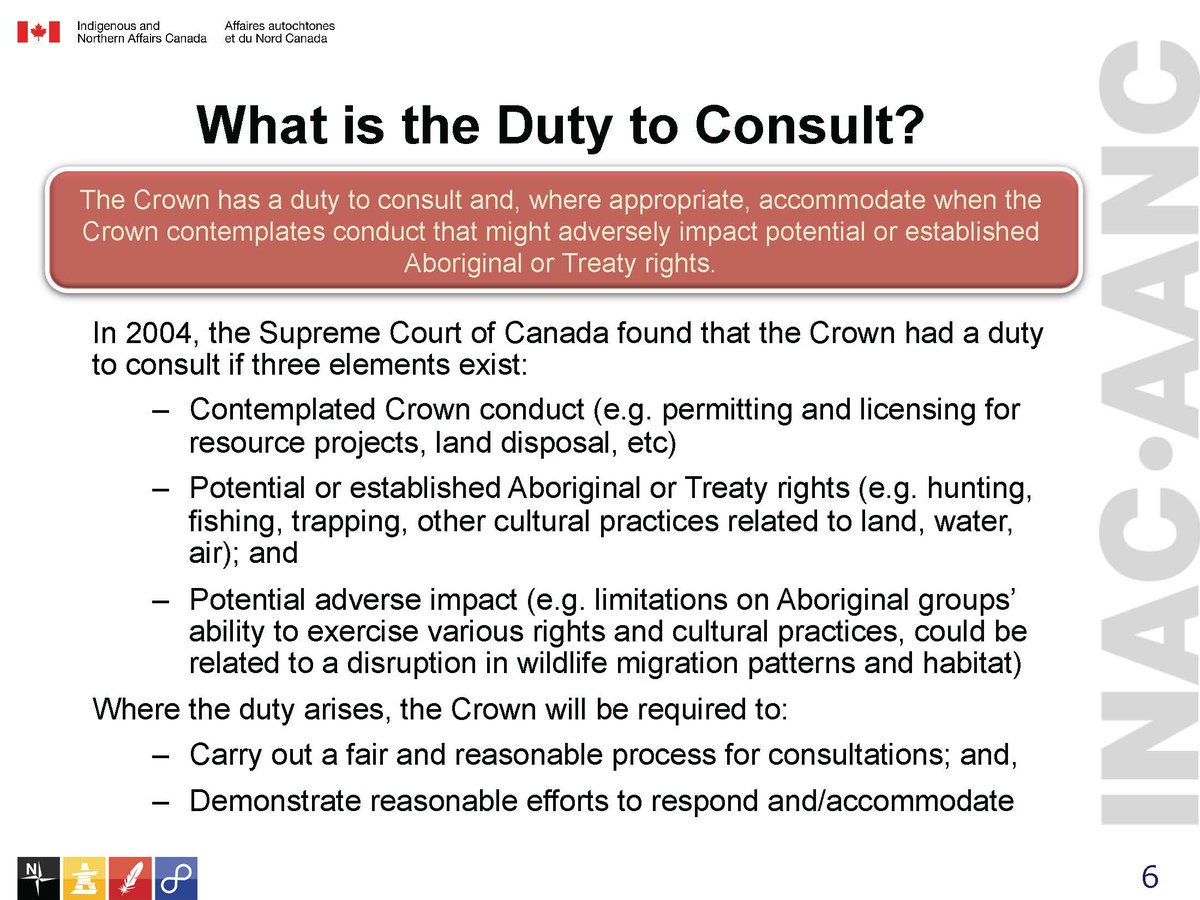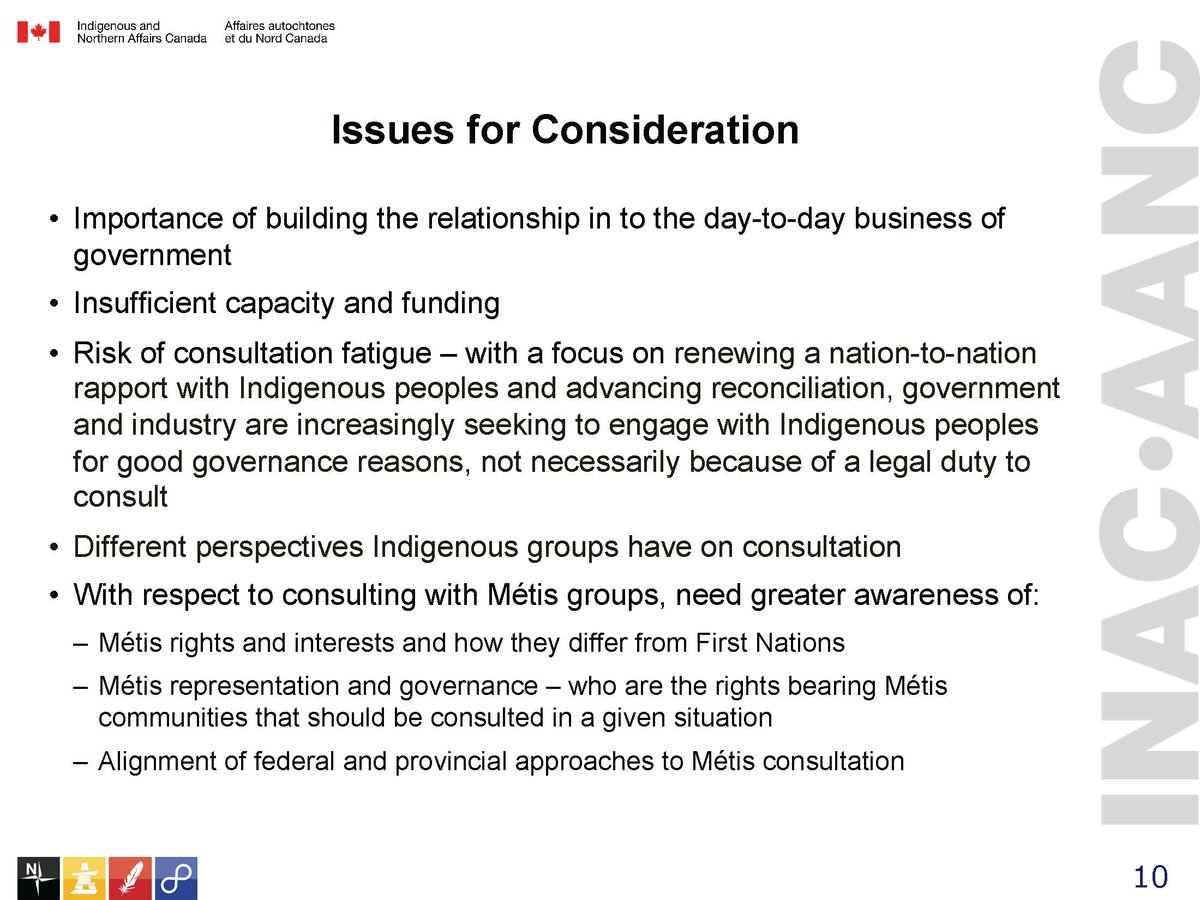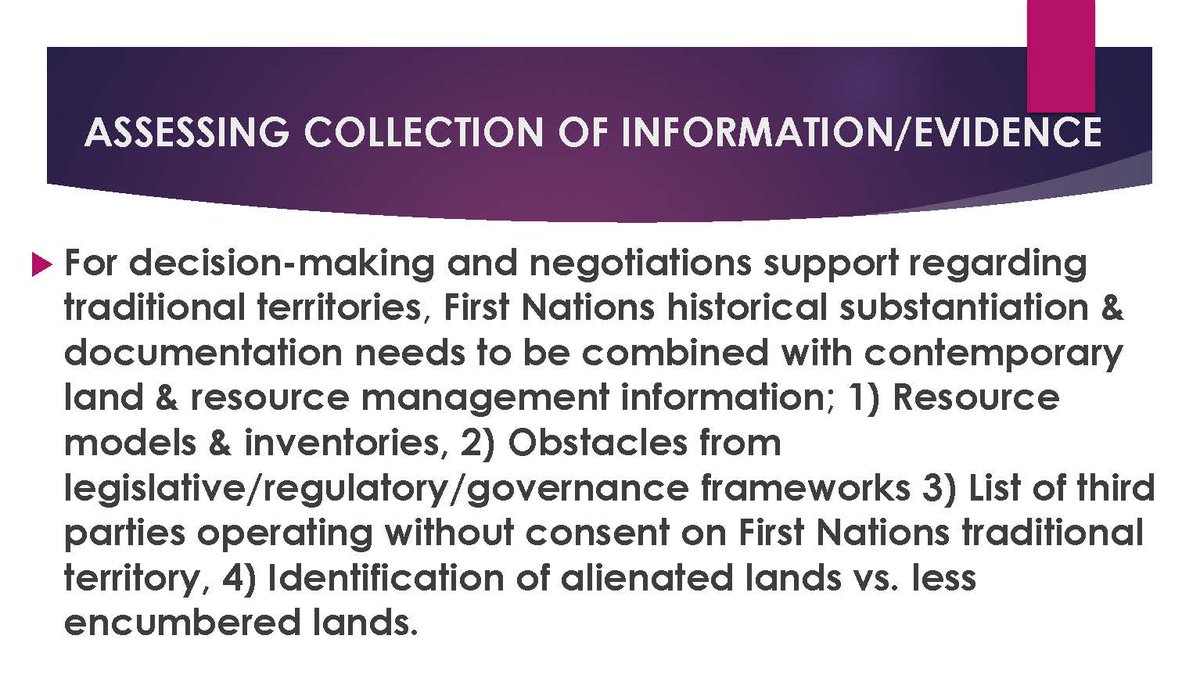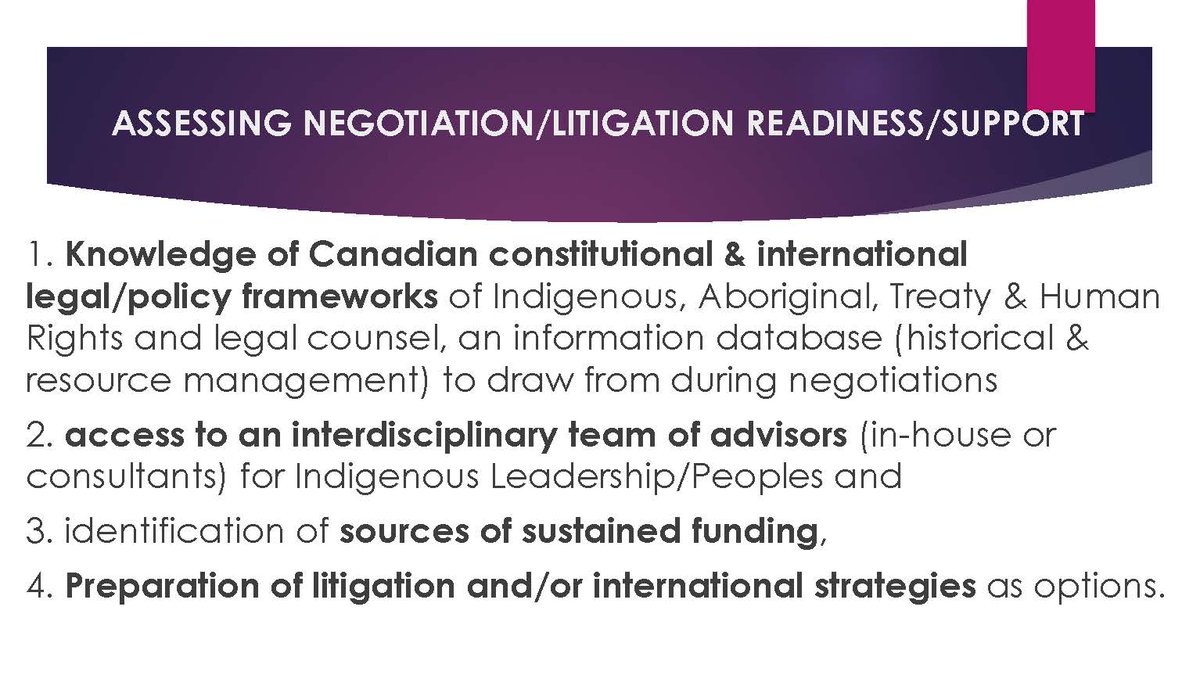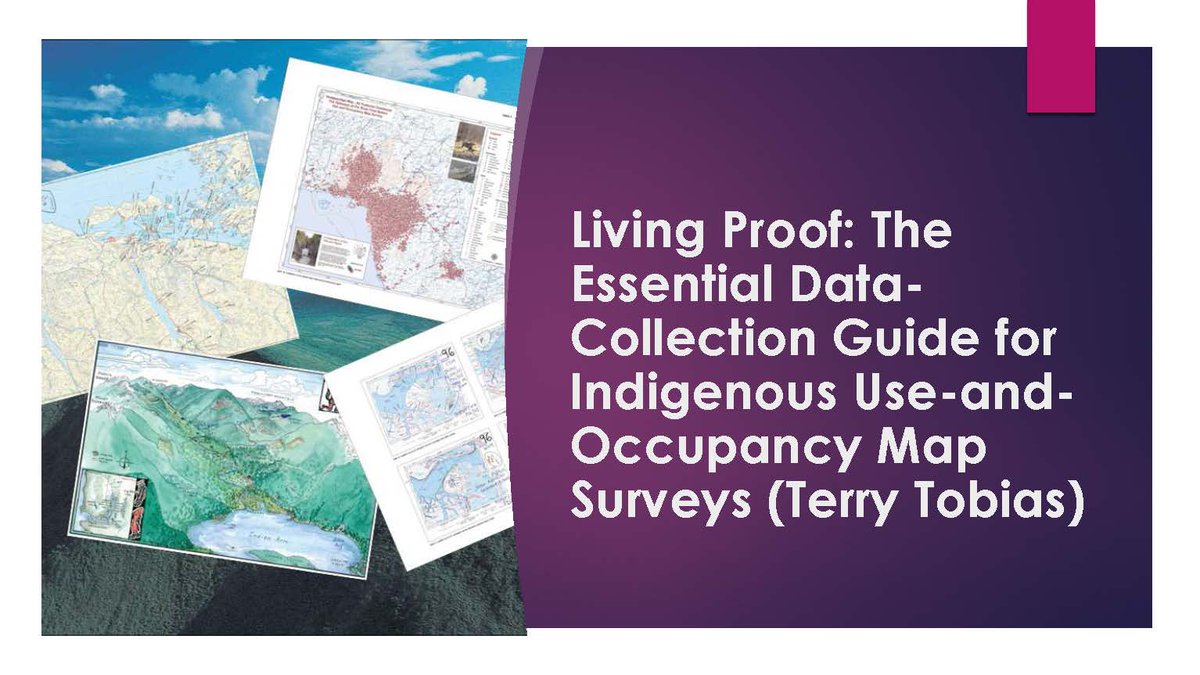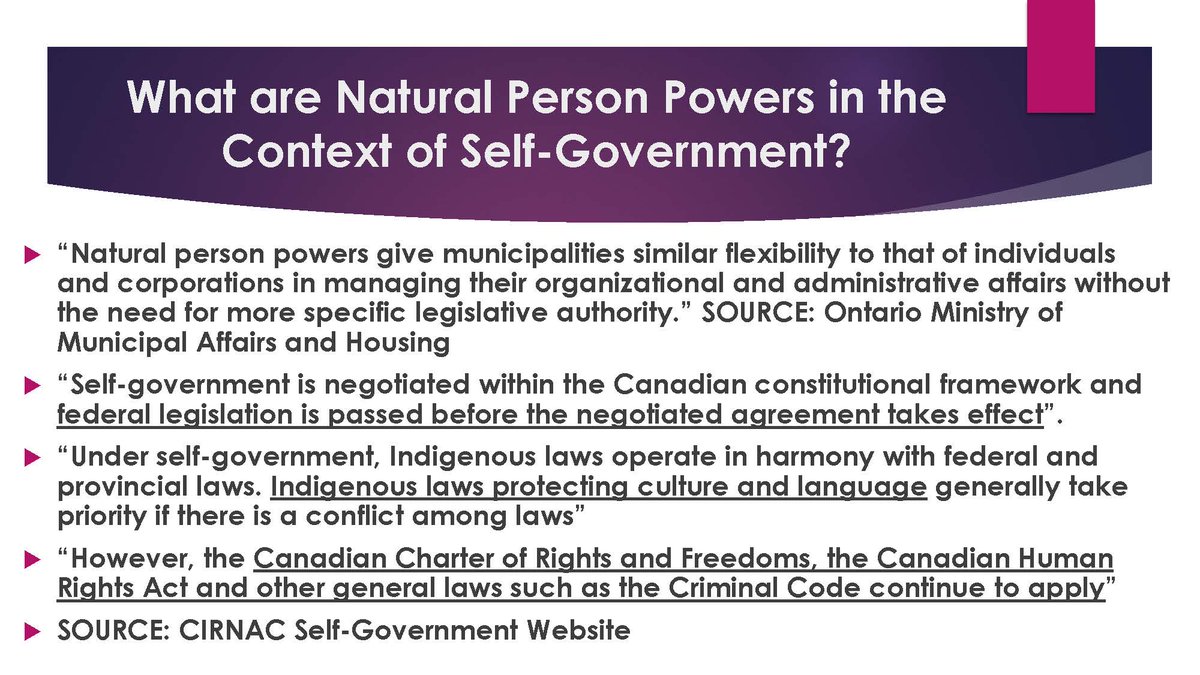
CHECK THE LIST!
"Since the passage of FNFMA, 335 First Nations have chosen optional path of participation in the FNFMA — more than half of all Indian Act First Nations...The FNFMA framework & institutions have enabled First Nations to collectively secure" 1/12



"Since the passage of FNFMA, 335 First Nations have chosen optional path of participation in the FNFMA — more than half of all Indian Act First Nations...The FNFMA framework & institutions have enabled First Nations to collectively secure" 1/12


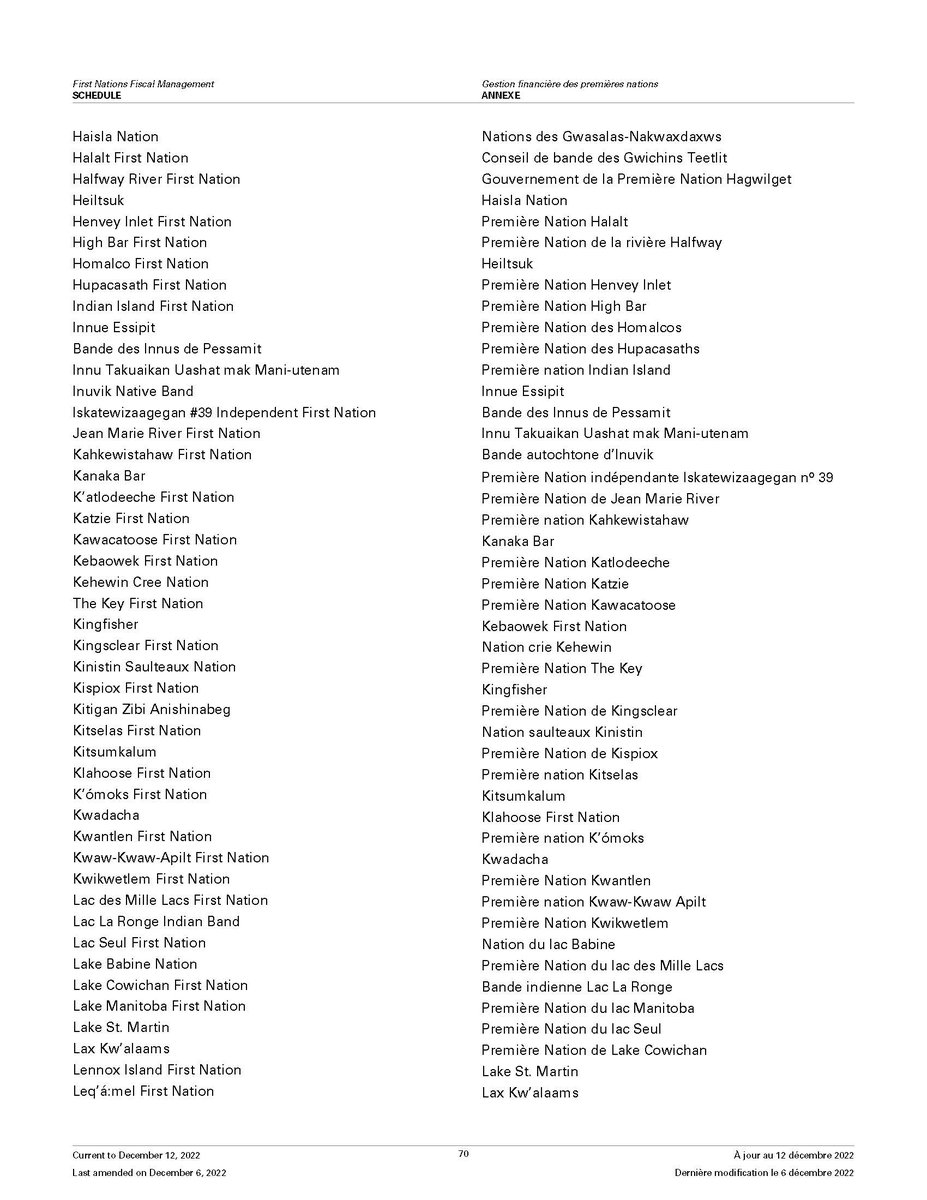

"an intern'l, investment-grade credit rating & access $2 billion in private capital through FNFA, creating over 14,000 new jobs in the process. This platform has further empowered First Nations gov't's 2 generate over $1 billion in tax revenues, empowered by FNTC." 2/12 





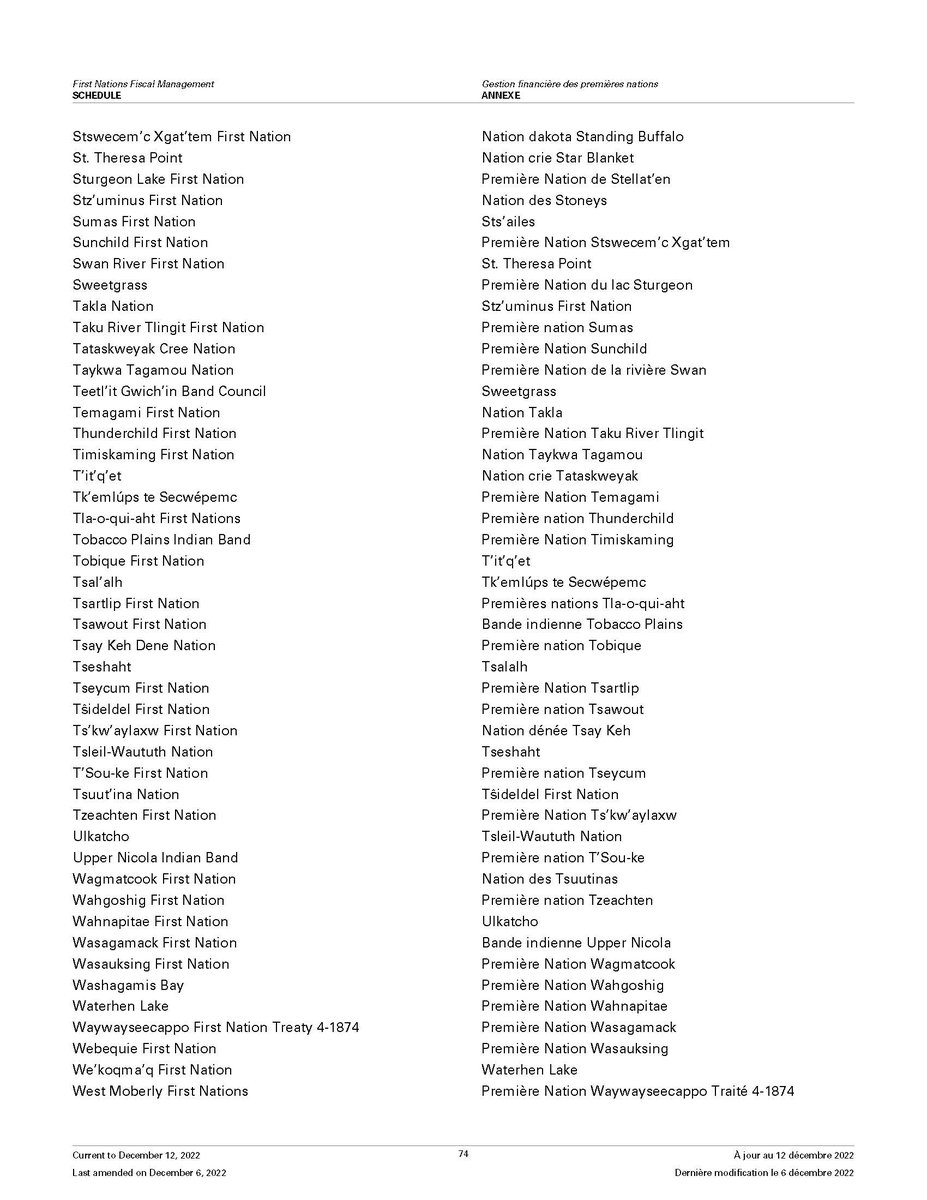

"Stronger gov't's, flourishing economies & secure revenues have supported capacity of First Nations 4 self-determination & lead 2 improved socio-economic outcomes, including community services & infrastructure." 3/12 



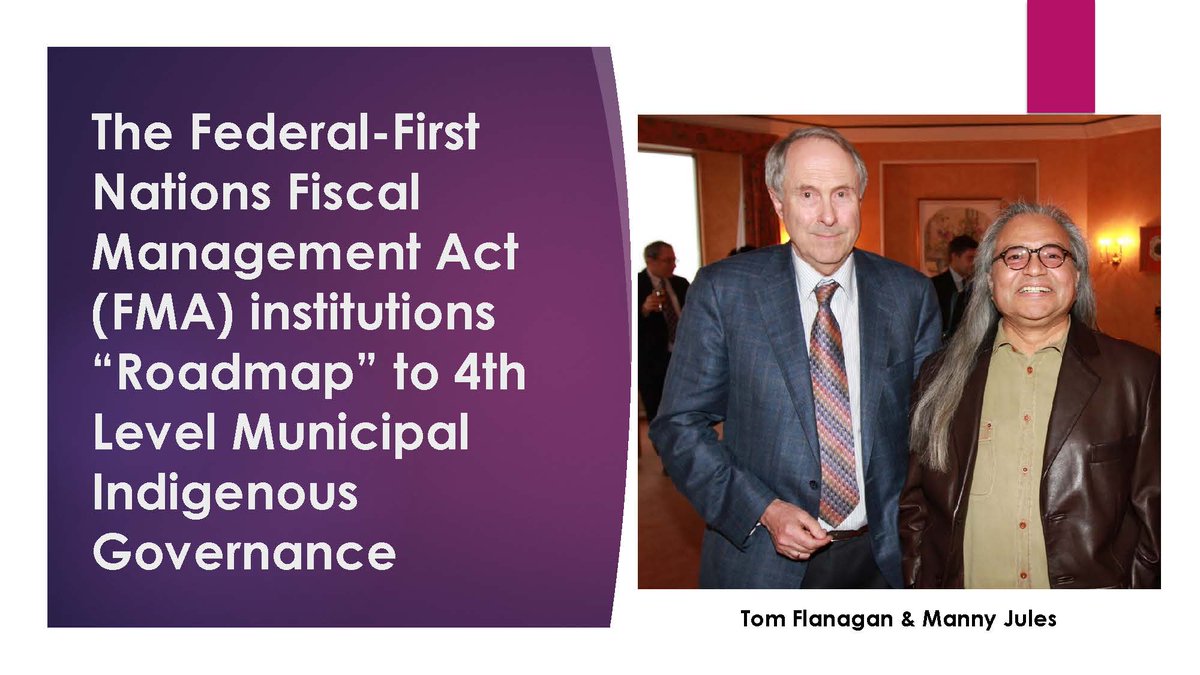



Let's recall in 1995, based on 1969 White Paper, PM Jean Chretien imposed an "Inherent Right" 2 self-gov't policy that recognized "Inherent Right" in abstract not 2 any group & w/ pre-conditions 2 negotiations that convert legal status of FN's into ethnic municipalities. 4/12 



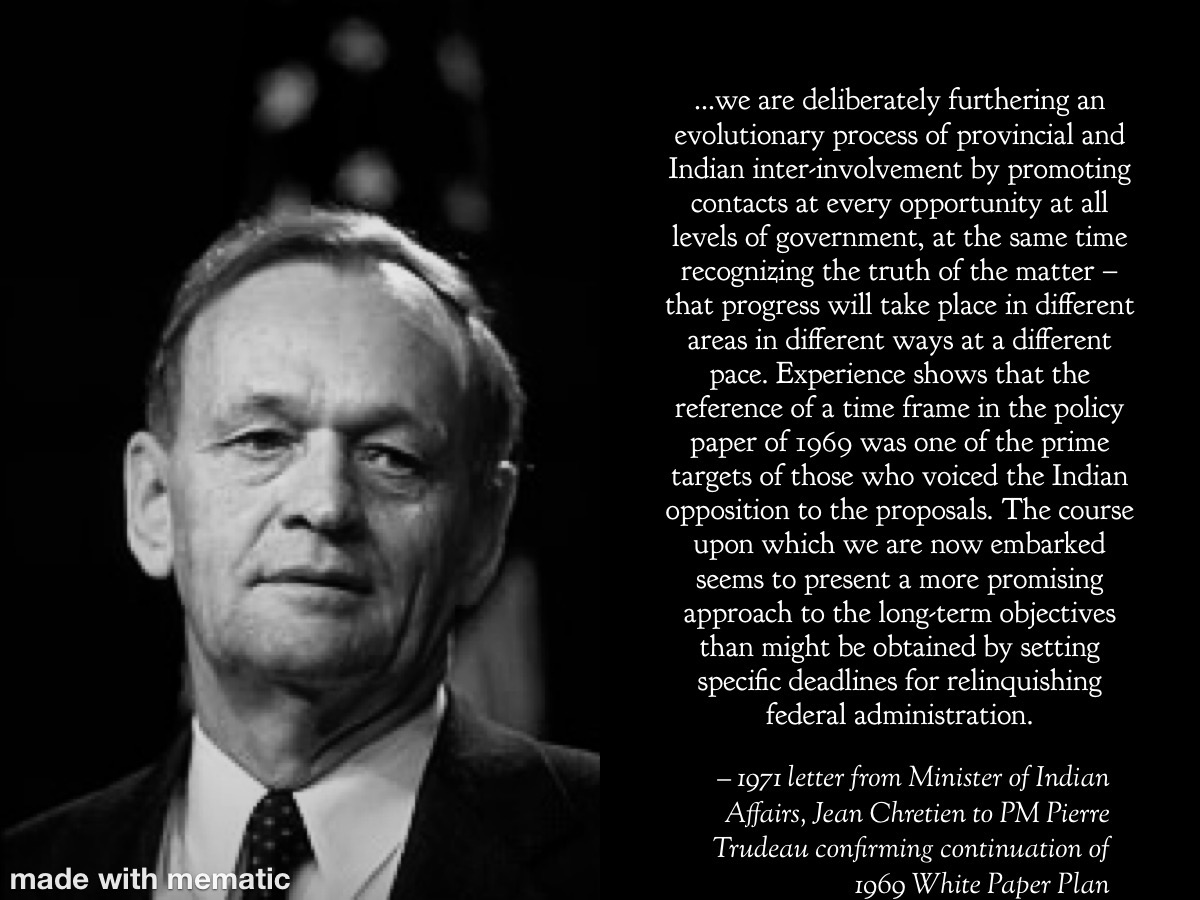

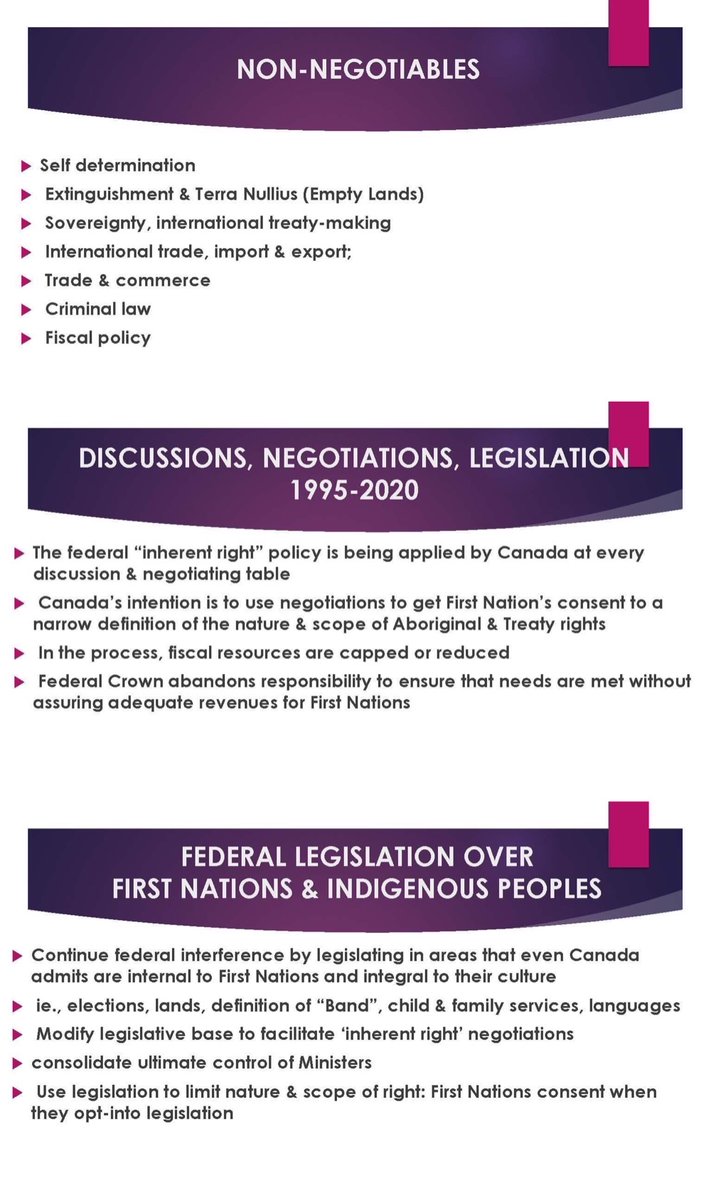

To support his 1969 White Paper "self-gov't" objectives PM Chretien tried to pass an Indian Act Amendment package (Bill C-79) in line w/ "Inherent Right Policy" to convert Band Councils into legal [white] persons (corporations) in Canadian law. the Chiefs killed the bill. 5/12 



From 2000-2003 PM Chretien tried to revive Bill C-79 again with First Nations Governance Act (Bill C-7), but with help of NDP & BQ the Chief's stalled the Bill until Chretien left politics & it died! 6/12 





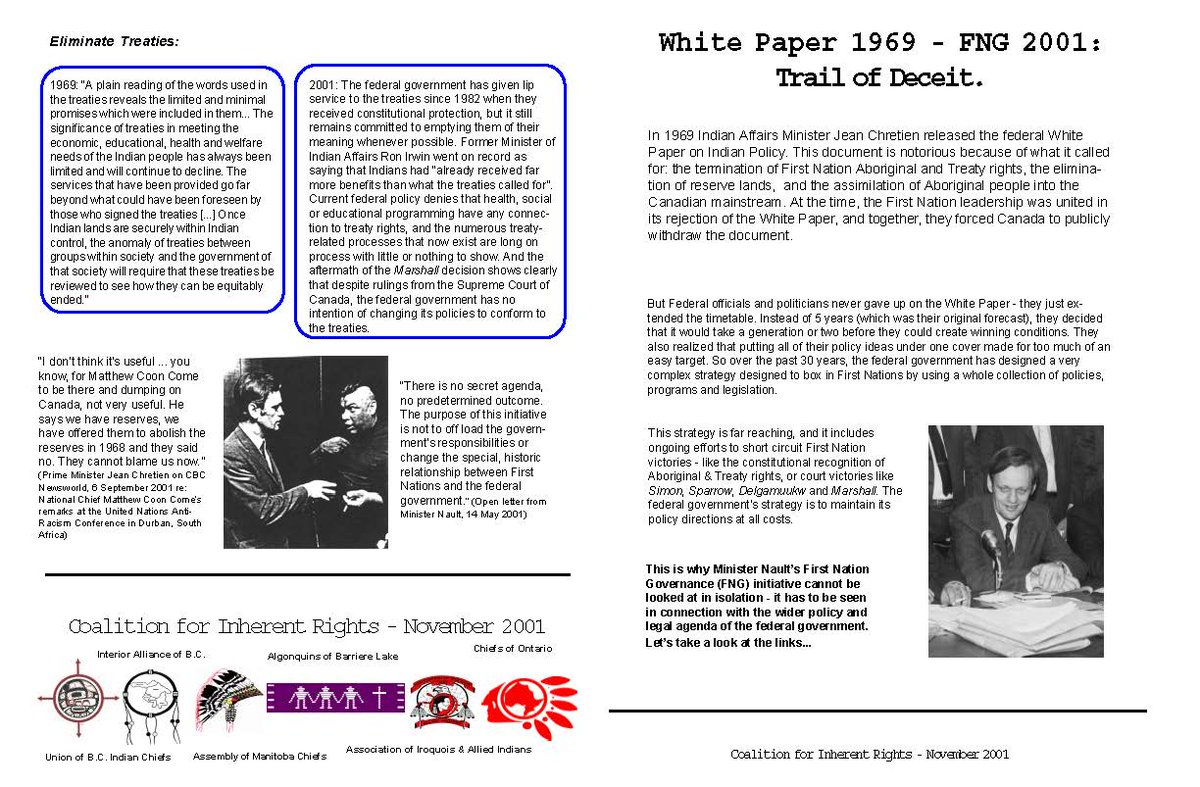

But to support his 1969 White Paper model of municipal self-gov't, PM Chretien got Parliament to pass First Nations Land Management Act & First Nations Fiscal Management Act to assimilate First Nations into Canada's property & tax systems as the White Paper intended! 7/12 





Harper killed the First Nations Statistics Institute, but supported the 3 Fiscal Institutions: First Nations Financial Management Board, First Nations Finance Authority (Loan Fund & Bonds), First Nations Tax Commission. 8/12 





The Financial Management Act Institutions were set up by PM Chretien to help support municipal self-gov't. That's why the Indian Act Bands and Reserves are the basis for the "Roadmap" from "poverty to prosperity" of the FMA Institutions. 9/12 




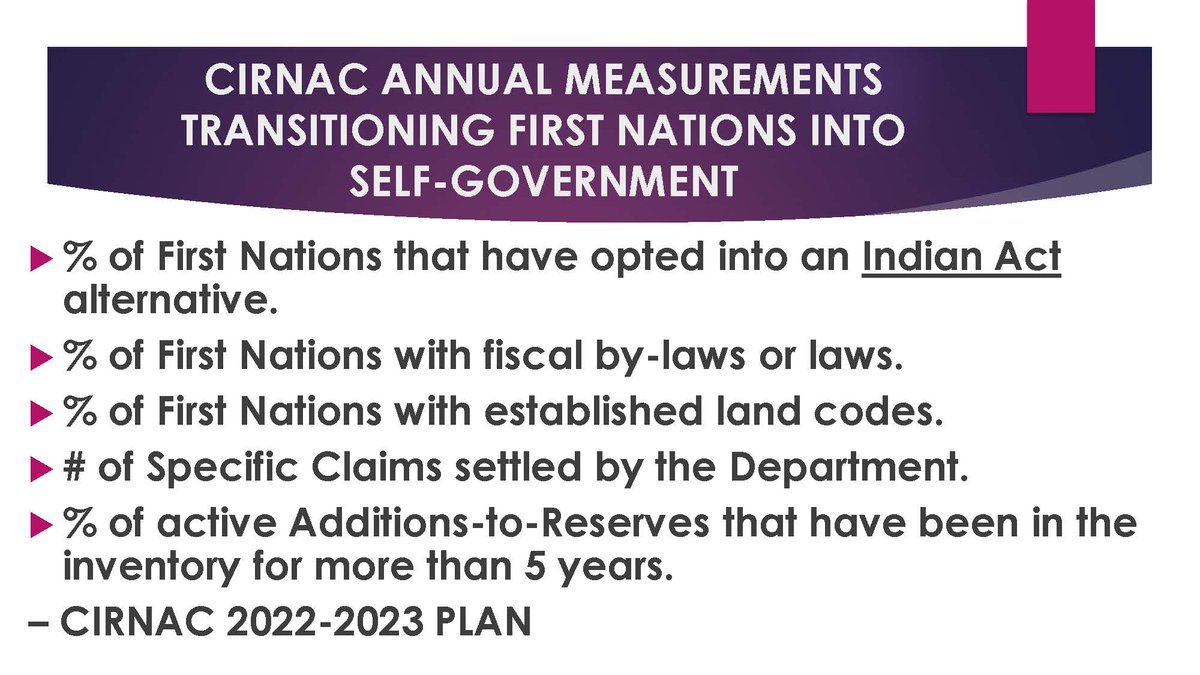


The FMA Institutions "Roadmap" says their plan is the way to implement section 35 & UNDRIP & Member Bands have borrowed & raised money through bonds & taxation, but it's based on Crown delegated Indian Act By-Laws or alternatively self-gov't municipal "jurisdiction". 10/12 



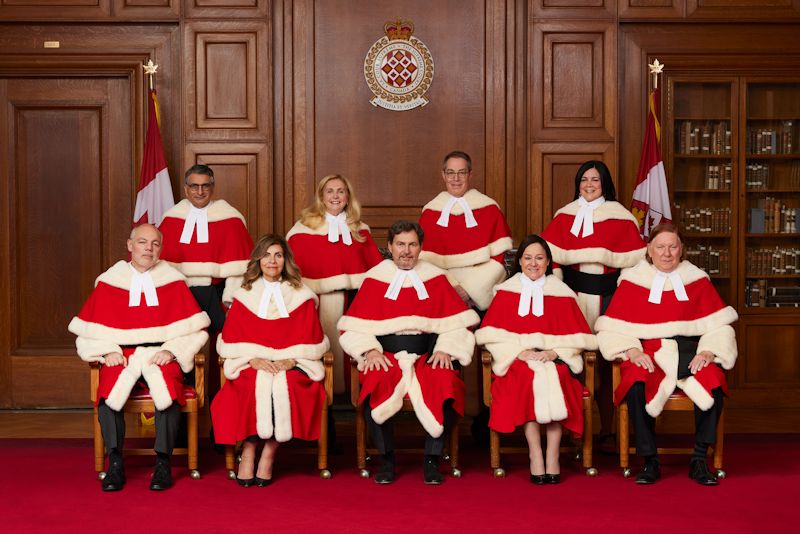
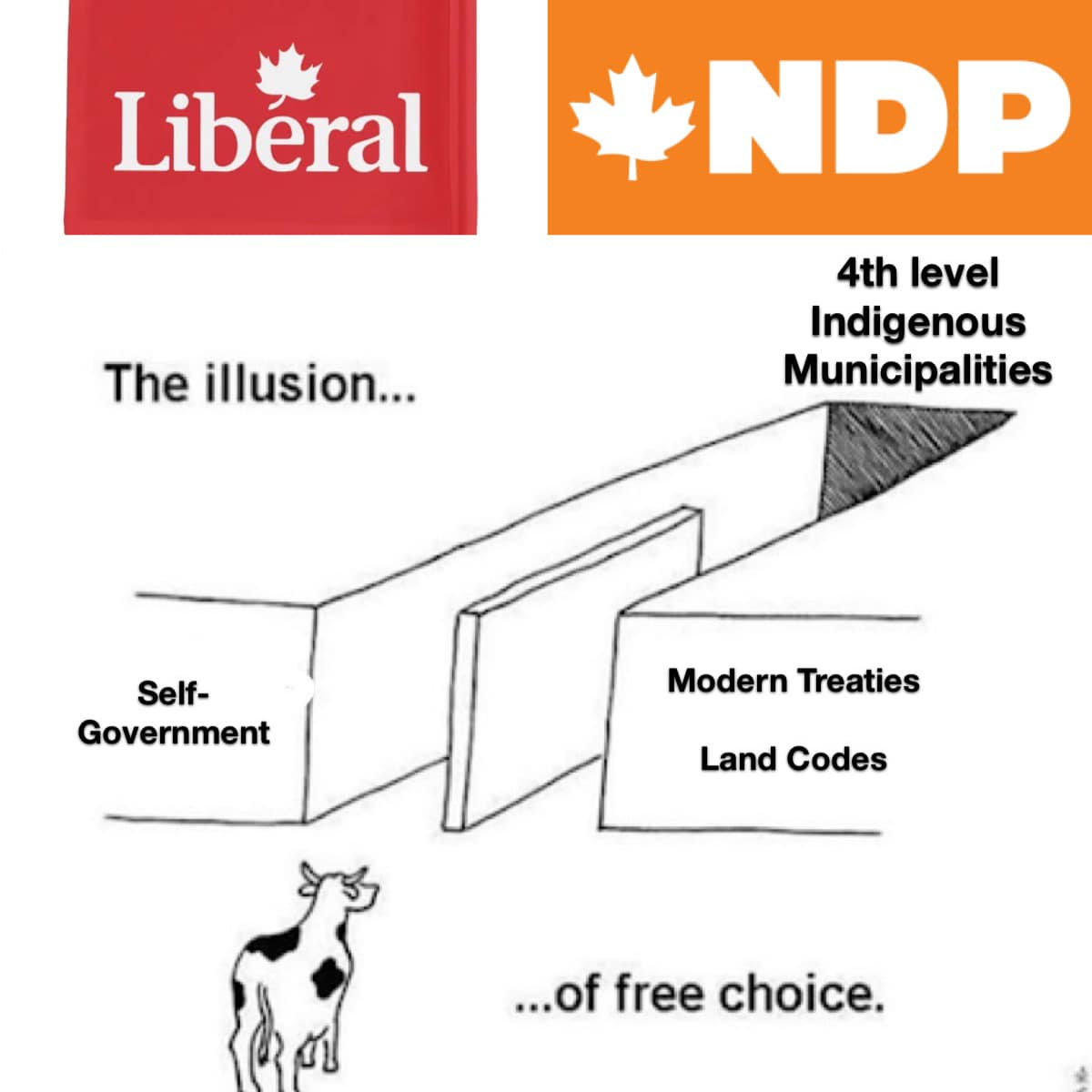

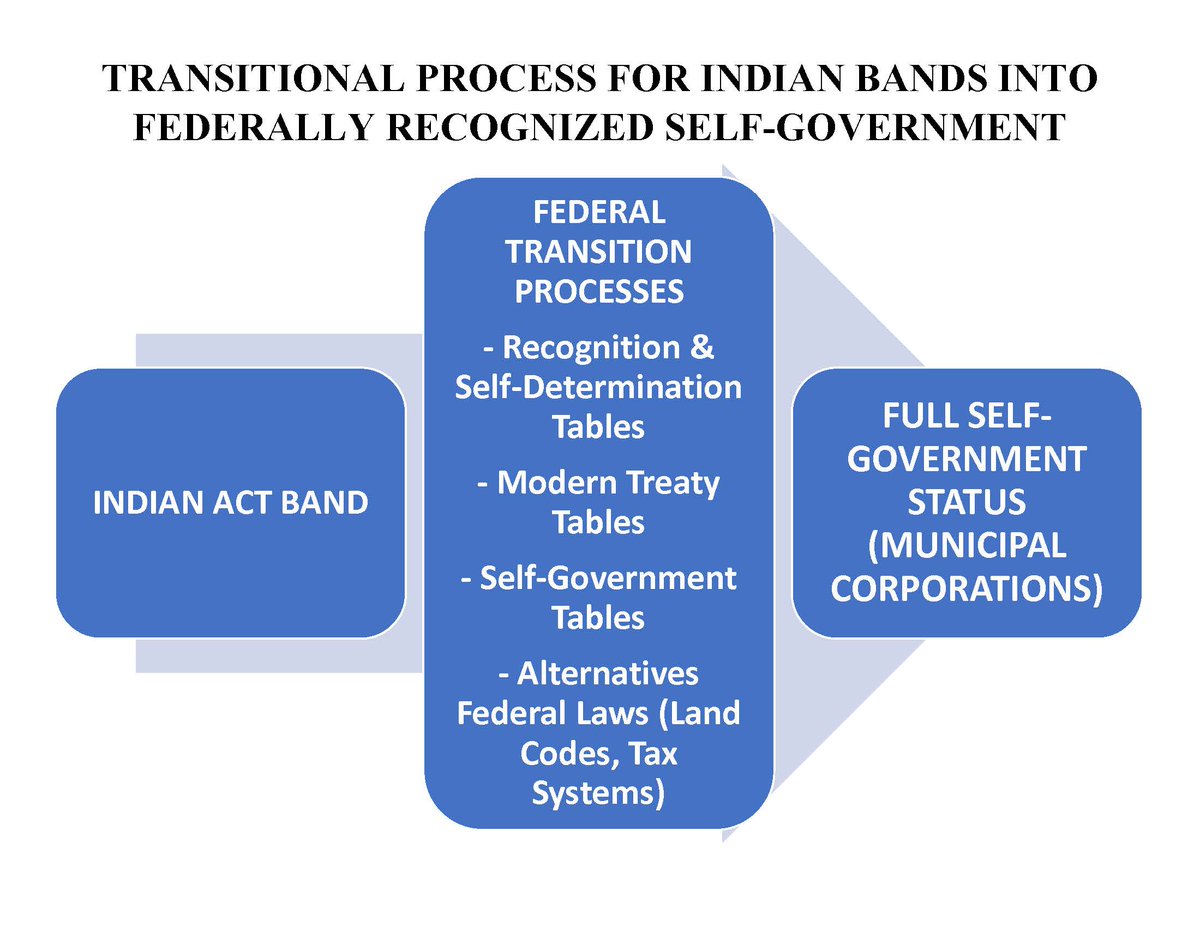
RCAP recognized 60-80 Indigenous Nations in what's now known as Canada & recommended Nationhood 4 self-determination NOT Band self-gov't! Indigenous Nations are best suited 2 take on federal provincial & territorial gov't's NOT Bands-Organizing needs 2 start from ground up! 11/12 



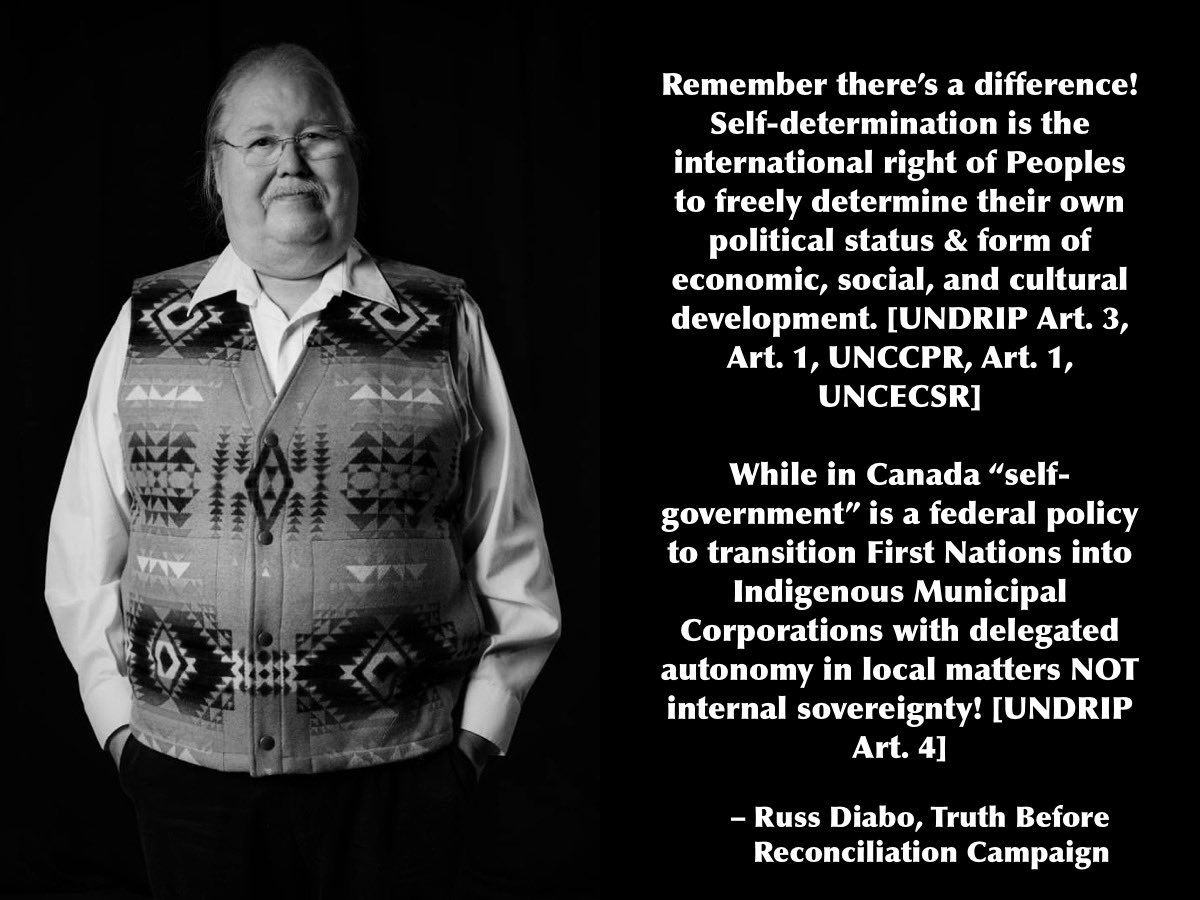
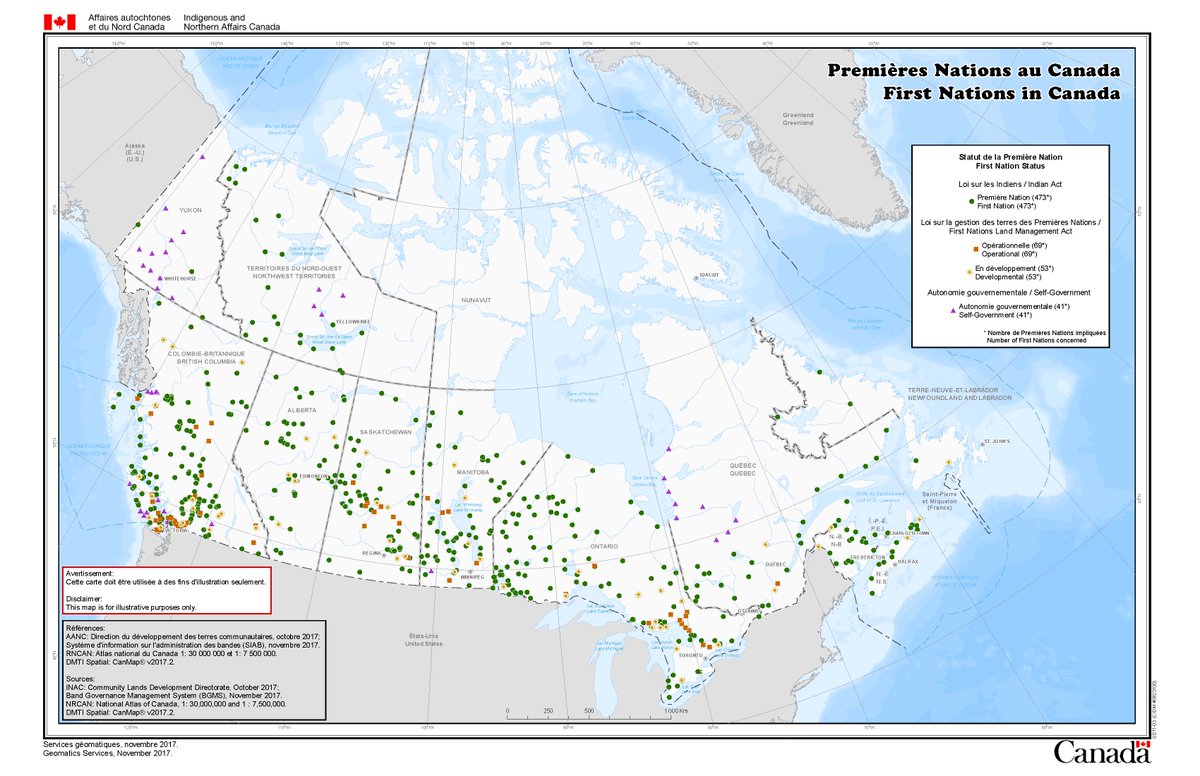

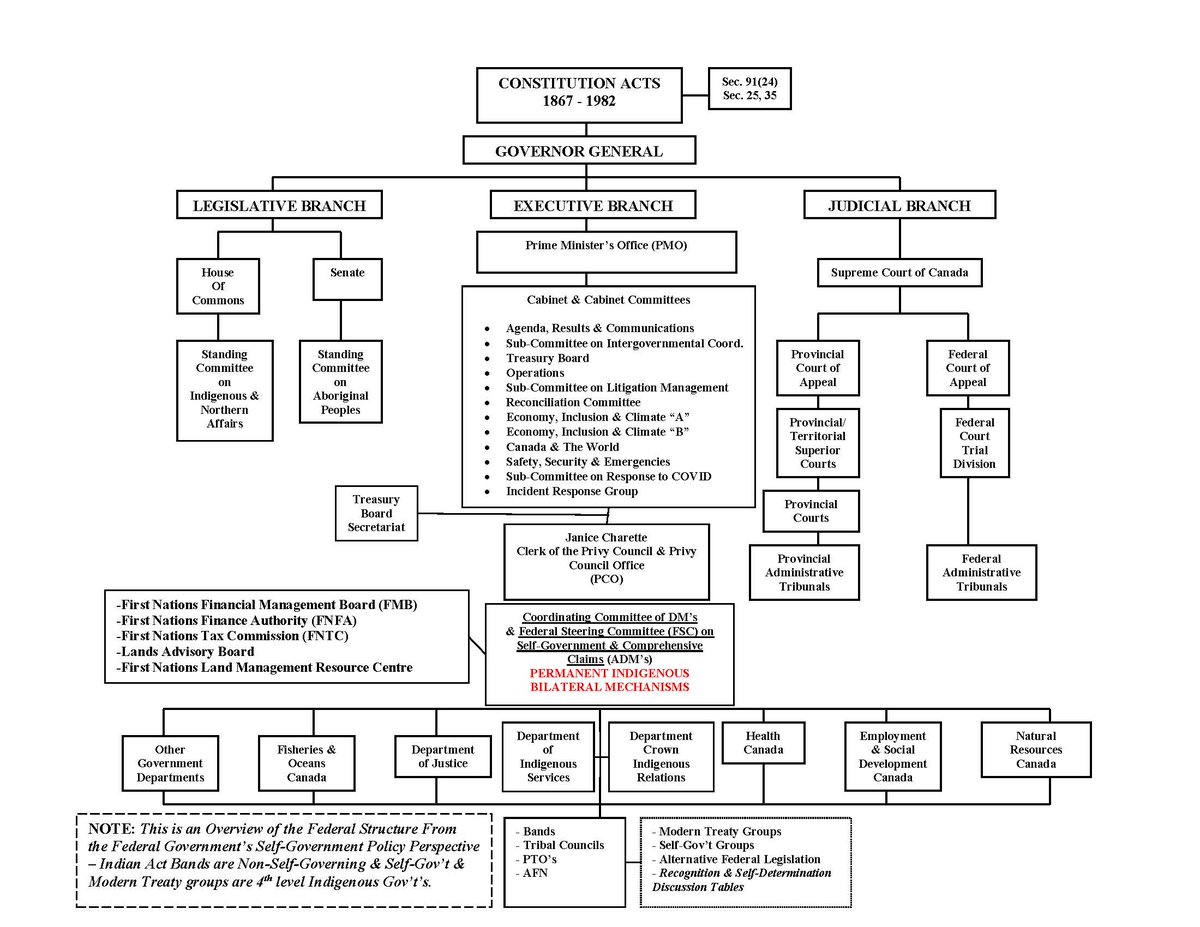
In June 2023, feds are issuing an action-plan to implement Canada's domestic version of UNDRIP (Bill C-15) what many of us call CANDRIP! That action-plan will be based on the status quo (land codes, taxation, land claims & municipal self-gov't)! 12/12 #WiseUp #RiseUp #Sovereignty 



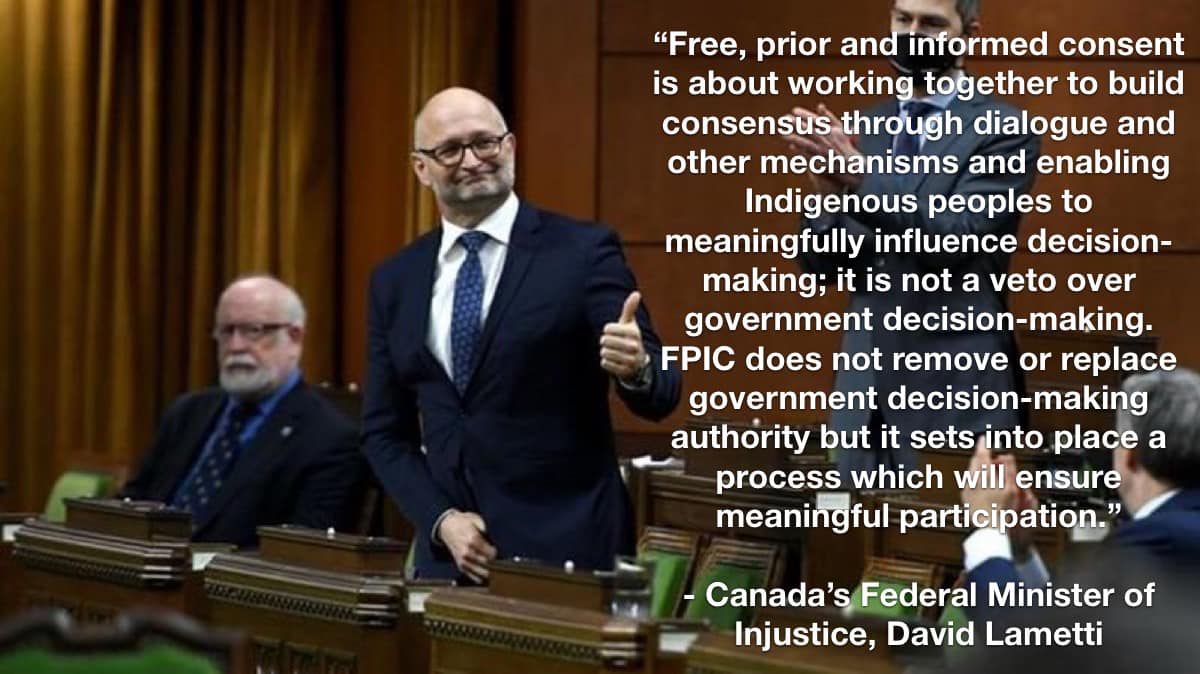

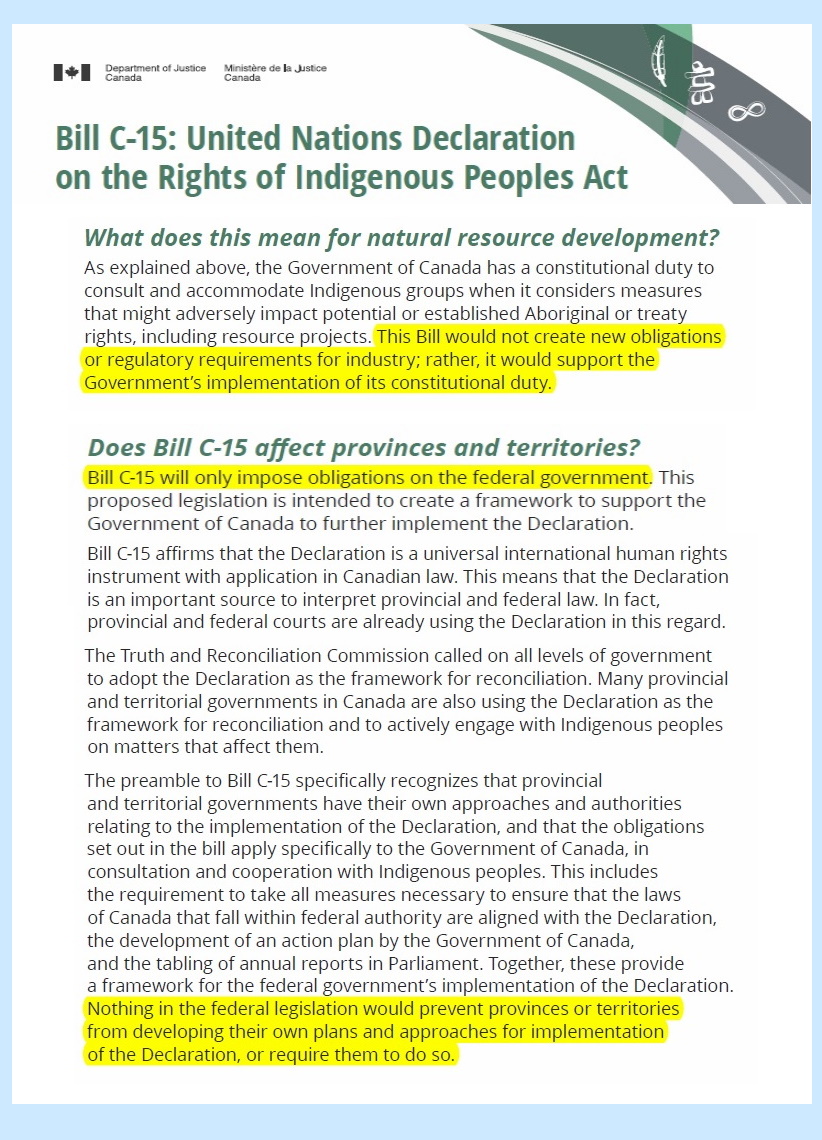

• • •
Missing some Tweet in this thread? You can try to
force a refresh







